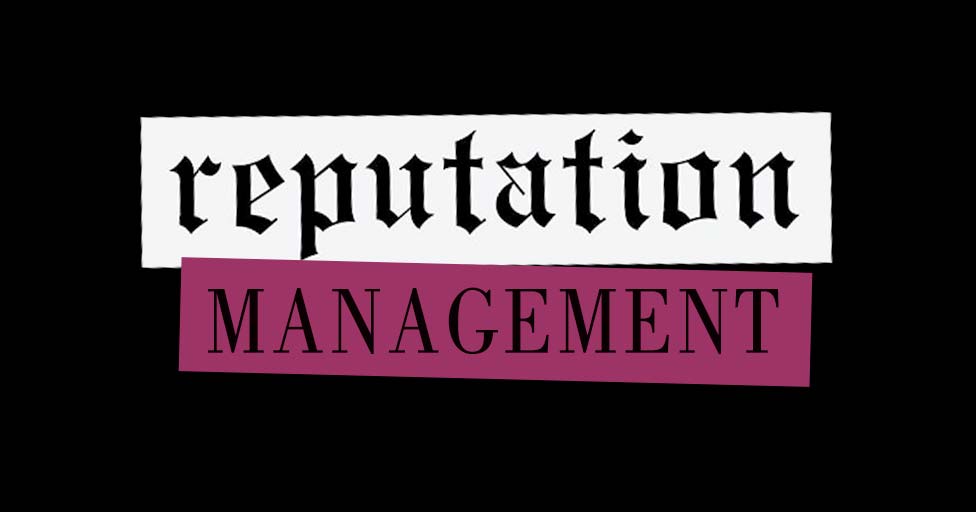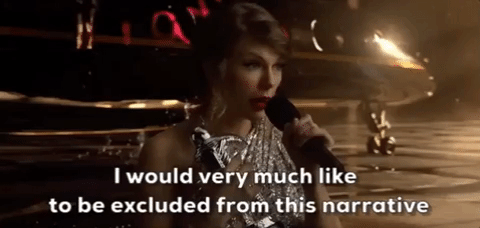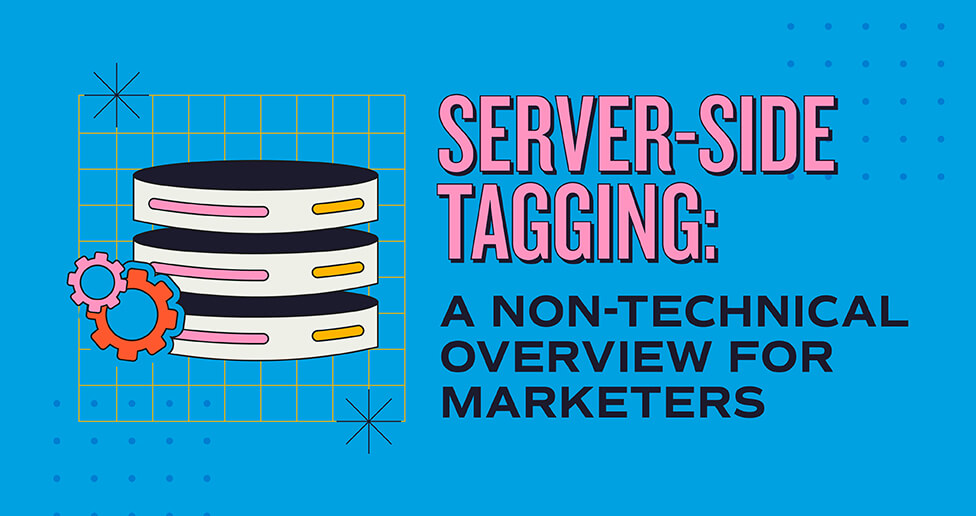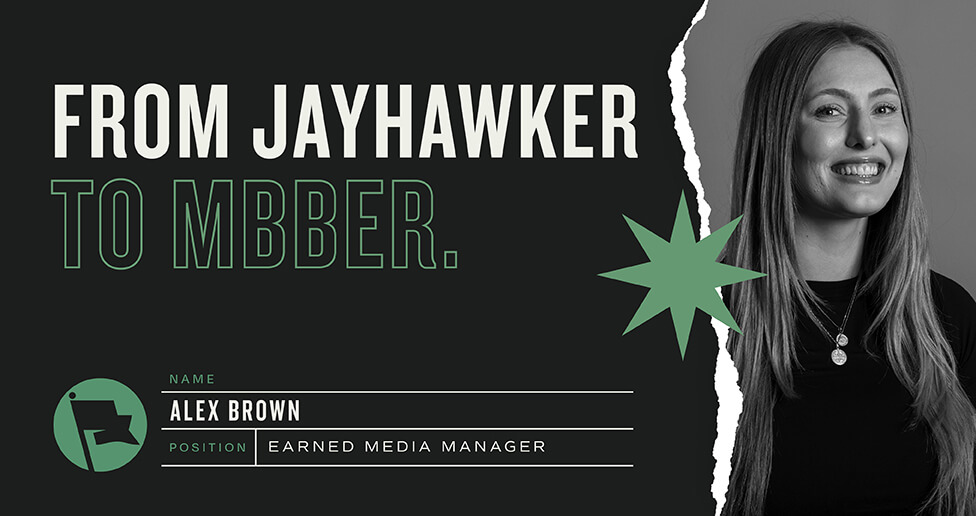
If you haven’t heard, you’re probably living under a rock, but Taylor Swift just dropped her new album. Her new songs and the vibe of the album are completely different than anything she’s ever done in the past. I remember seeing her as the opening act at one of my first country concerts. She was a curly blonde singing love songs with her guitar to a sold-out crowd, and nobody knew her name; yet, I immediately became fascinated with her as an artist. I won’t bore you with my fangirl story of how I felt like she was my high school BFF who I grew up with and who understood everything I went through, but her songs had a way of affecting millions like me in that same way. Fast forward 11 years later, and the old Taylor is dead.
I’m going to miss the old Taylor, but I admire what she’s done with her brand as she has evolved throughout the years. She has a high-risk, high-reward strategy when it comes to making music and has done a great job of pivoting and managing her own brand. She’s owning herself and her story and isn’t letting anyone else control that conversation. Thinking about how Taylor is managing her reputation got us thinking about how we can ensure our clients are managing their own brand’s online reputation as well.
When it comes to your brand’s reputation management strategy, there a few key tactics that you should be implementing.
Own your story
Taylor is queen of a lot of things, but she is definitely queen of owning her own story. Remember when she deleted all of her social media accounts and her official website was dark? Well, it not only was a great publicity stunt but also allowed her to come back with a clean slate and tell the story of her new album the way she wanted.
When owning your brand, you need to be the one in charge. Should a crisis arise or a news story leak, the brand needs to get out in front of everything to truly own it. Don’t let your social media followers, influencers, or the media speculate what happened. When you own the story, the news is coming directly from your brand, allowing you to be the only one who has the power to shape the story.
Social listening
People are going to have a lot to say, both good and bad, about Taylor’s new album. There’s a good chance she doesn’t care because she’s a multimillionaire regardless, but I have a feeling she has a team behind her, monitoring for social mentions to help follow trends and think about what might be next in her career.
Social listening is key to understanding what people are saying about your brand. Sure you can monitor your post comments and hashtags, but I would recommend investing in software or tools that allow you to monitor certain keywords or trends across a variety of platforms to help you see the full picture of what people are saying about your brand, even when you aren’t looking. At MBB, we utilize Meltwater and have been able to uncover both positive and negative sentiments regarding the brands we manage. It’s crucial that we take part in these conversations and let consumers know we hear them. This goes back to the first point I made about owning the story. By being proactive and seeing what people are saying about your products, staff, or brand, we’re able to own the story rather than trying to become a part of the conversation when it’s too late.
Review strategy
Taylor Swift has relied heavily on word of mouth and media outlets to help promote her new album. Media outlets have taken great interest in reviewing and giving their opinions on her latest album, which has created a lot of buzz both on and offline. This buzz has led to 400,000 pre-sale orders—not too shabby.
The buzz shows us that people trust people. Consumers don’t want to be constantly advertised to; they want to hear others’ opinions and experiences, which is why 85% of customers search the internet to research before making a purchase. It’s important to have a strategy in place to not only reply to reviews but also find a way to gain and utilize those reviews.
When you think about your reputation, some of the easiest places to manage your online reputation are review websites (Yelp, Google Business, Facebook, etc.). Here you can see honest opinions from consumers and employers. Whether they’re good or bad, you should have a review strategy in place that allows you to monitor and engage with these reviews. This can help build trust with consumers. Replying to their reviews shows you value their opinions. If there’s room for improvement or you’re working to fix a recurring issue, acknowledging that goes a long way in helping you build a relationship with your consumers. Monitoring and managing reviews can also help you learn what products or employers deserve a callout for good performance.
By executing review management, you’re building rapport with current or past customers while also giving insight to potential new customers. When replying to reviews, you need to be thinking of those 85% of people who are researching information prior to a purchase. If they see an issue with your brand, what are you saying to offset their discouragement from purchasing? It’s also critical that you have a plan in place for responding. Who’s responding? How are you staying on message with your brand while also being empathic towards the customers? Does someone from your customer service team need to be notified? Having this plan in place will save you a lot of headaches in the future.
Community management
Taylor recently had secret sessions for 500 of her biggest fans prior to releasing her album. She took the time to engage with them on a personal level to continue fostering relationships one-on-one. This is exactly what community management should do for your brand in a digital presence.
Building your brand online starts with community management. Your social profiles are often the places that are sought out by consumers to find out more about your company and products. The more you can showcase your brand and engage with consumers on your page, the easier it is for consumers to understand your products or services and what you stand for. Community management is a big part of building trust with consumers. Having one-on-one conversations with consumers creates a much deeper relationship. Building trust with consumers can build brand loyalty and result in happy customers for years to come.
While building your online brand reputation doesn’t happen overnight, these steps can help put processes in place so you can be more proactive. If you need help managing your brand reputation through social listening, review management, or PR services, we’d love to help! Please reach out to earnedmedia@mbbagency.com.
Subscribe to our newsletter
Get our insights and perspectives delivered to your inbox.




